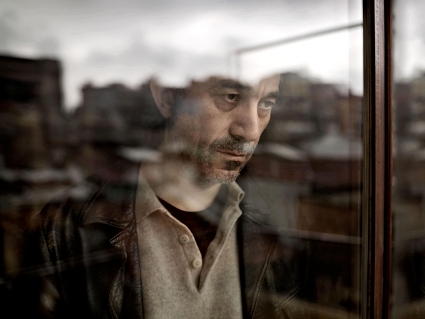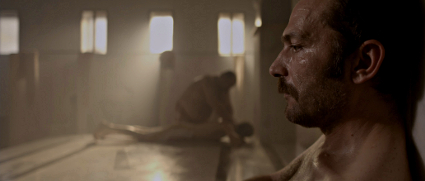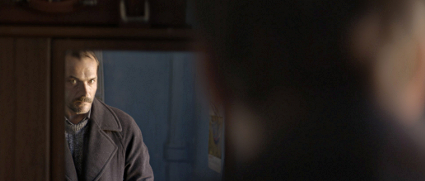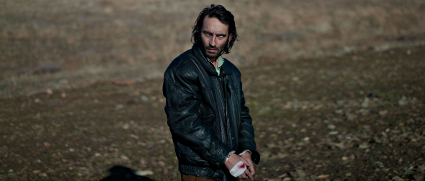Once Upon a Time in Anatolia | Bir zamanlar Anadolu’da – dir. Nuri Bilge, 2011
date: 06/08/2011, time: 19:30, place: The Big Cinema, film program: world under canvas, artistic program: filmsfilm program: the audience poll,
TR, BA | 2010 | kolor | 150 min
reż|dir Nuri Bilge Ceylan pro|pro Zeynep Özbatur, Zeyno Film sce|sc Nuri Bilge Ceylan, Ebru Ceylan zdj|ph Gökhan Tiryaki muz|mus Thomas Robert mon|ed Nuri Bilge Ceylan, Bora Göksingöi ob|cast Muhammet Uzuner, Yilmaz Erdogan, Taner Birsel, Ahmet Mumtaz Taylan dys|dis Zeyno Film
Life in a small town is akin to journeying in the middle of the steppes: the sense that „something New and different” will spring up behind every hill, but always unerringly similar monotonous roads. Once Upon a Time in Anatolia is a morality tale that reflects the state of mind of Turkish people. It tells the story of a doctor living on the Anatolia steppe, with steady shots revealing mystery and beauty of a small town, and a nature surrounding it. Director Nuri Bilge Ceylan, who obviously has mastered his unique style of cinema that evokes philosophical questions about life, grew up in a small town similar to the one in the film, and the story is based on real events. The film premiered in competition at the 2011 Cannes Film Festival, where it received the Grand Prix, in a shared win with the film The Kid with a Bike by the Dardenne brothers.
AWARDS
2011 Cannes FF – Grand Prize of the Jury, Palme d’Or nomination for Nuri Bilge Ceylan
DIRECTOR | Nuri Bilge Ceylan (1959)
Turkish photographer and film director. After graduating from Boğaziçi University with a degree in Electronics Engineering, he went on with his studies on cinema for two years at Mimar Sinan University. Ceylan’s first short film Cocoon was screened in the 1995 Cannes Film Festival. His third feature, Distant, received many awards including the Grand Jury Prize and the Best Actor Prize at Cannes. His 2006 film Climates won the FIPRESCI Movie Critics’ Award at the 2006 Cannes Film Festival and received international praise by critics and experts. Ceylan’s films often deal with the estrangement of the individual, monotonous real human lives emphasized by naturalistic, static shoots resembling cinema of Abbas Kiarostami and Andrei Tarkovsky.












.jpg)